The Hidden Risks of Dental Tourism: Why It May Cost More Than You Think
In recent years, dental tourism has emerged as a popular trend, enticing patients with the promise of affordable dental treatments in exotic locations. While the allure of saving money on expensive dental procedures combined with the opportunity to travel seems too good to pass up, the reality of dental tourism is fraught with hidden risks and potential dangers that could end up costing more than just money.
The UK Perspective on Dental Tourism
For residents of the United Kingdom, where the cost of dental care can be significantly high, especially for private treatment, the lure of dental tourism is particularly strong. Countries like Turkey, Bulgaria, and Egypt have become hotspots for British dental tourists, offering a range of services from basic care to advanced procedures at prices much lower than those found at home. However, the attractiveness of saving money needs to be weighed against the potential pitfalls of seeking dental treatment in these countries.
Understanding the Risks
Variability in Standards
One of the most pressing concerns with dental tourism is the inconsistency in healthcare standards and quality of care. While many countries have highly skilled dental professionals, the regulatory frameworks governing dental practices can vary widely. This variation can lead to treatments that are below the standard expected in the UK, using materials or methods that may not be approved or considered safe by British standards.
Communication Challenges
Language barriers pose another significant risk, potentially leading to misunderstandings about the nature of treatments, expected outcomes, and care instructions. These communication gaps can result in treatments that do not meet the patient's expectations or, worse, necessitate corrective procedures upon return to the UK.
The Real Cost of "Affordable" Care
The initial lower cost of dental procedures abroad can be misleading. When factoring in the expenses associated with travel, accommodation, and the possibility of needing to return for follow-up visits, the total cost can escalate quickly. Furthermore, should complications arise from the treatment received abroad, the expense of remedial care in the UK can far exceed the original savings, leaving patients financially and emotionally strained.
Ethical and Sustainability Concerns
The surge in dental tourism also raises ethical questions about the impact on healthcare systems in host countries. The diversion of resources to cater to foreign patients can strain local services, potentially at the expense of the local population's healthcare needs.
The Veneers Controversy
A particularly concerning aspect of dental tourism is the marketing of veneers as a straightforward solution for a perfect smile. Often, patients are not fully informed that achieving this aesthetic involves extensive preparation of healthy teeth, including the potential for root canal treatment and crowns. Such invasive procedures, undertaken without the patient's comprehensive understanding of the long-term implications, can lead to significant dental issues down the line.
Conclusion
While the prospect of affordable dental treatment combined with a holiday may seem appealing, the risks associated with dental tourism cannot be ignored. The potential for substandard care, unforeseen complications, and additional financial burdens should prompt anyone considering dental tourism to proceed with caution. It is essential to conduct thorough research into the credentials and reputation of any overseas dental facility and to fully understand the details and implications of the proposed treatment.
Ultimately, the decision to seek dental treatment abroad should be made with a full appreciation of the potential risks and costs, weighing them against the perceived benefits of lower upfront prices. For those residing in the UK, considering long-term outcomes and prioritising health over immediate cost savings may lead to the realisation that closer-to-home dental care offers the best balance of safety, quality, and value.

